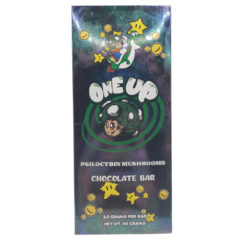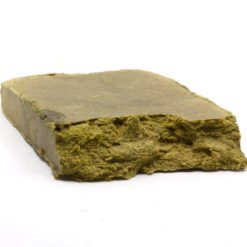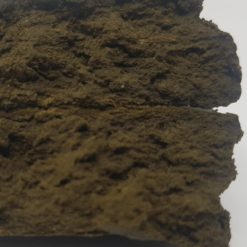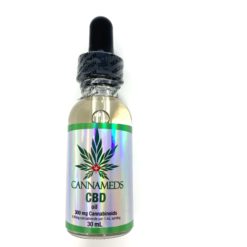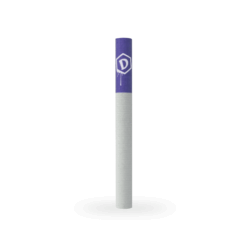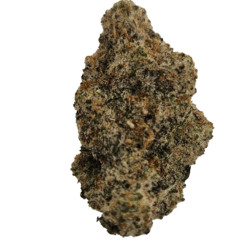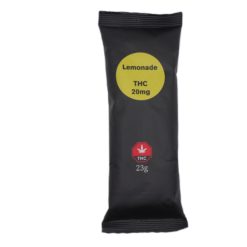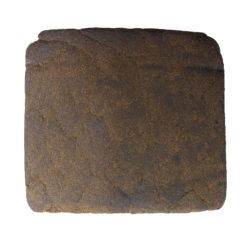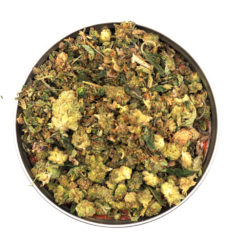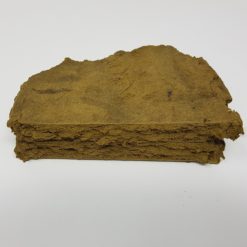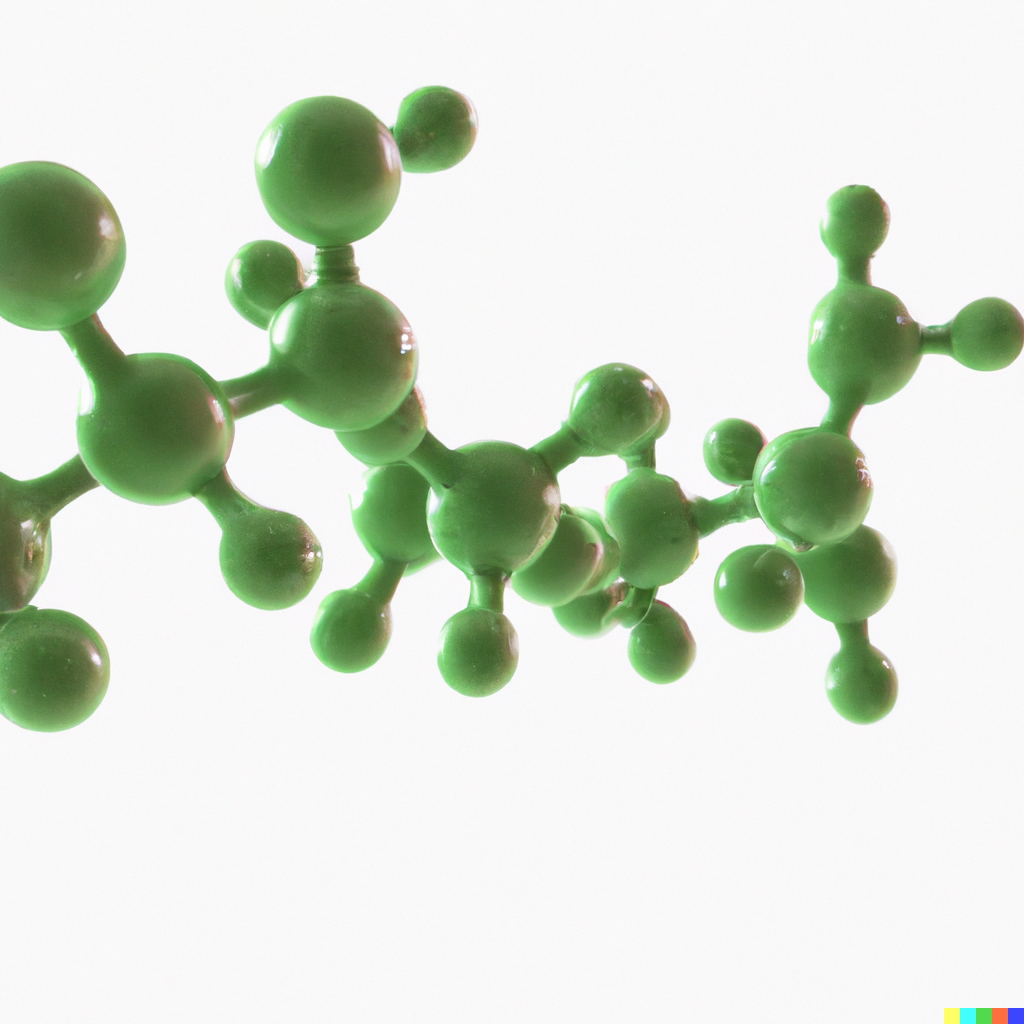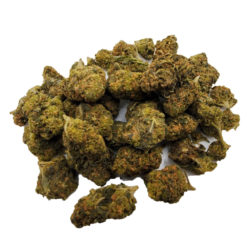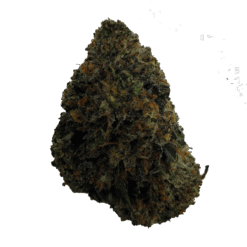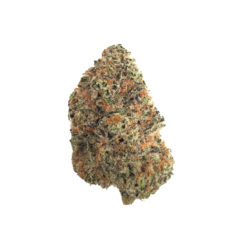THC (tetrahydrocannabinol) and CBD (cannabidiol) are two of the most well-known cannabinoids found in cannabis plants. While they share some similarities, they differ in terms of their chemical structure, effects on the body, and potential therapeutic uses. In this article, we will compare and contrast THC and CBD and their effects when smoked in cannabis.
Chemical Structure:
THC and CBD have different chemical structures, which affects how they interact with the body. THC is a psychoactive cannabinoid that is responsible for the “high” associated with marijuana use. It binds to the CB1 receptors in the brain, which results in a feeling of euphoria and relaxation. CBD, on the other hand, is non-psychoactive and does not produce a “high.” It interacts with the body’s endocannabinoid system by binding to CB2 receptors, which are found throughout the body.
Effects
When smoked in cannabis, THC and CBD have different effects on the body. THC produces a high that is characterized by a feeling of euphoria, relaxation, and altered perception. It can also cause an increase in heart rate, dry mouth, and red eyes. THC is often used recreationally, but it also has medical uses. It can help to relieve pain, nausea, and anxiety, and it may also stimulate appetite.
CBD, on the other hand, does not produce a high, but it can still have beneficial effects on the body. It has been found to have anti-inflammatory, analgesic, and anti-anxiety properties, and it may also help to reduce seizures in people with epilepsy. CBD can also help to counteract some of the negative effects of THC, such as anxiety and paranoia.
Medical Uses:
THC and CBD have different potential medical uses. THC is often used to relieve pain, nausea, and vomiting, and it may also help to stimulate appetite in people with cancer or HIV. It can also be used to treat glaucoma, as it can reduce intraocular pressure. THC has been shown to have anti-inflammatory properties, and it may also help to reduce anxiety and depression.
CBD, on the other hand, has a range of potential therapeutic uses. It has been found to have anti-inflammatory, analgesic, and anti-anxiety properties, and it may also help to reduce seizures in people with epilepsy. CBD has been studied as a treatment for a range of conditions, including chronic pain, PTSD, and schizophrenia. It may also have potential as an anti-cancer agent.
Conclusion:
THC and CBD are two of the most well-known cannabinoids found in cannabis plants. While they share some similarities, they differ in terms of their chemical structure, effects on the body, and potential therapeutic uses. THC produces a high that is characterized by a feeling of euphoria and altered perception, while CBD does not produce a high but can still have beneficial effects on the body. THC is often used to relieve pain, nausea, and anxiety, while CBD has been found to have anti-inflammatory, analgesic, and anti-anxiety properties, and may also help to reduce seizures in people with epilepsy. Understanding the differences between THC and CBD can help people make informed choices about their cannabis use and potentially benefit from their therapeutic properties
